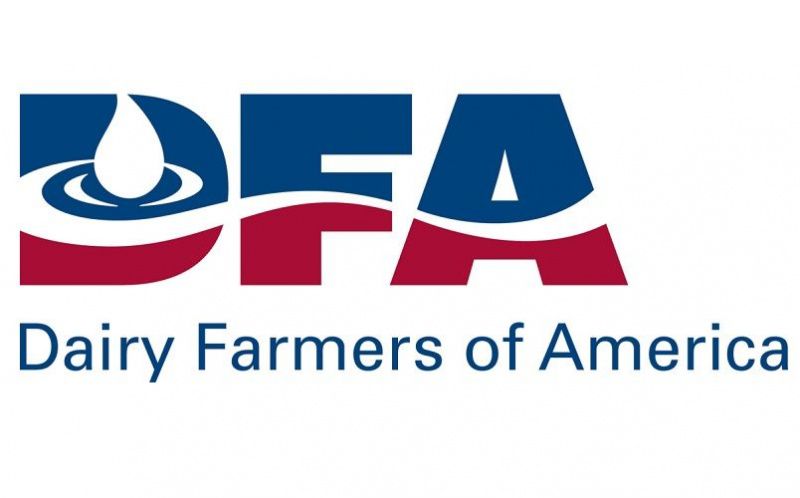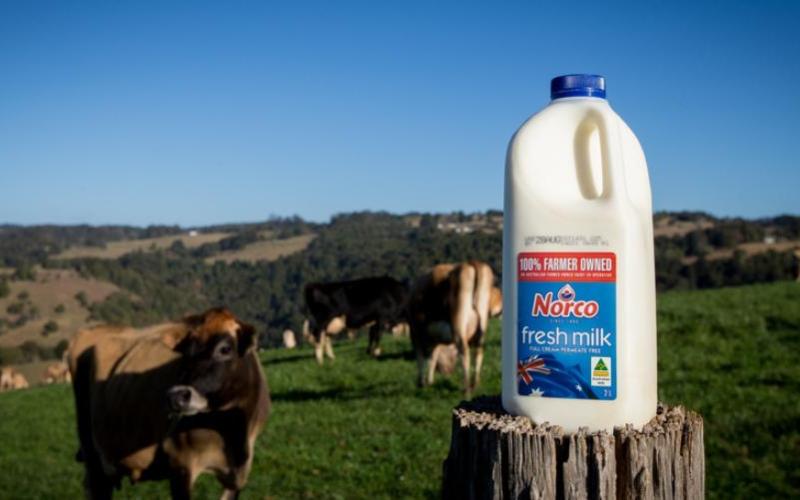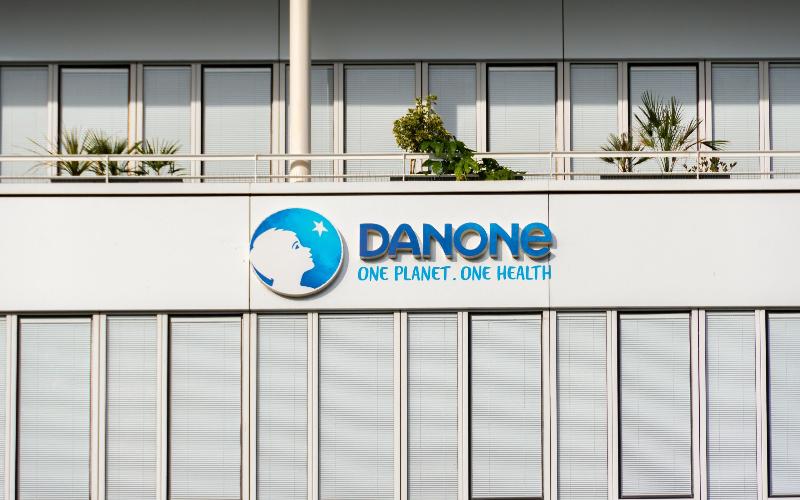DFA anticipates increased demand for milk in the coming years
Sourse: The DairyNews
Efficiency is paramount in the dairy industry, prompting both producers and companies to continually seek improvements. At the 2024 Dairy Farmers of America (DFA) Annual Meeting in Kansas City, Mo., Corey Gillins, Chief Milk Marketing Officer for DFA, shed light on strategies for accelerating efficiency within the raw milk supply chain.

A recent member survey conducted by DFA revealed a projected decline in member farms in the coming years, with over 500 farms exiting in 2023 due to challenging financial conditions. Despite this decline, milk production remained steady, with expectations of moderate growth in the future.
Factors such as high interest rates and low heifer inventory pose challenges to growth, while shifts in milk production across regions necessitate transportation over longer distances to meet market demands.
DFA anticipates increased demand for milk in the coming years, leading to logistical challenges in ensuring sufficient supply. To address this, DFA is implementing a coordinated marketing and logistics plan, focusing on milk solids optimization and strategic transportation.
Efforts to enhance efficiency include leveraging technology, such as mobile applications for milk pickup, to streamline operations and optimize resource utilization. Data-driven insights from these technologies enable DFA to identify and address inefficiencies, ultimately driving financial and environmental sustainability.
As DFA embarks on its journey to enhance raw milk supply efficiencies, standardization emerges as a key component. Standardizing processes, data utilization, and practices will enable DFA to adapt to industry changes and leverage technology advancements effectively, ultimately delivering greater value to its farmer-owners.
Through these initiatives, DFA aims to transform its fluid logistics operations, ensuring a sustainable and prosperous future for dairy farming communities.
Factors such as high interest rates and low heifer inventory pose challenges to growth, while shifts in milk production across regions necessitate transportation over longer distances to meet market demands.
DFA anticipates increased demand for milk in the coming years, leading to logistical challenges in ensuring sufficient supply. To address this, DFA is implementing a coordinated marketing and logistics plan, focusing on milk solids optimization and strategic transportation.
Efforts to enhance efficiency include leveraging technology, such as mobile applications for milk pickup, to streamline operations and optimize resource utilization. Data-driven insights from these technologies enable DFA to identify and address inefficiencies, ultimately driving financial and environmental sustainability.
As DFA embarks on its journey to enhance raw milk supply efficiencies, standardization emerges as a key component. Standardizing processes, data utilization, and practices will enable DFA to adapt to industry changes and leverage technology advancements effectively, ultimately delivering greater value to its farmer-owners.
Through these initiatives, DFA aims to transform its fluid logistics operations, ensuring a sustainable and prosperous future for dairy farming communities.














